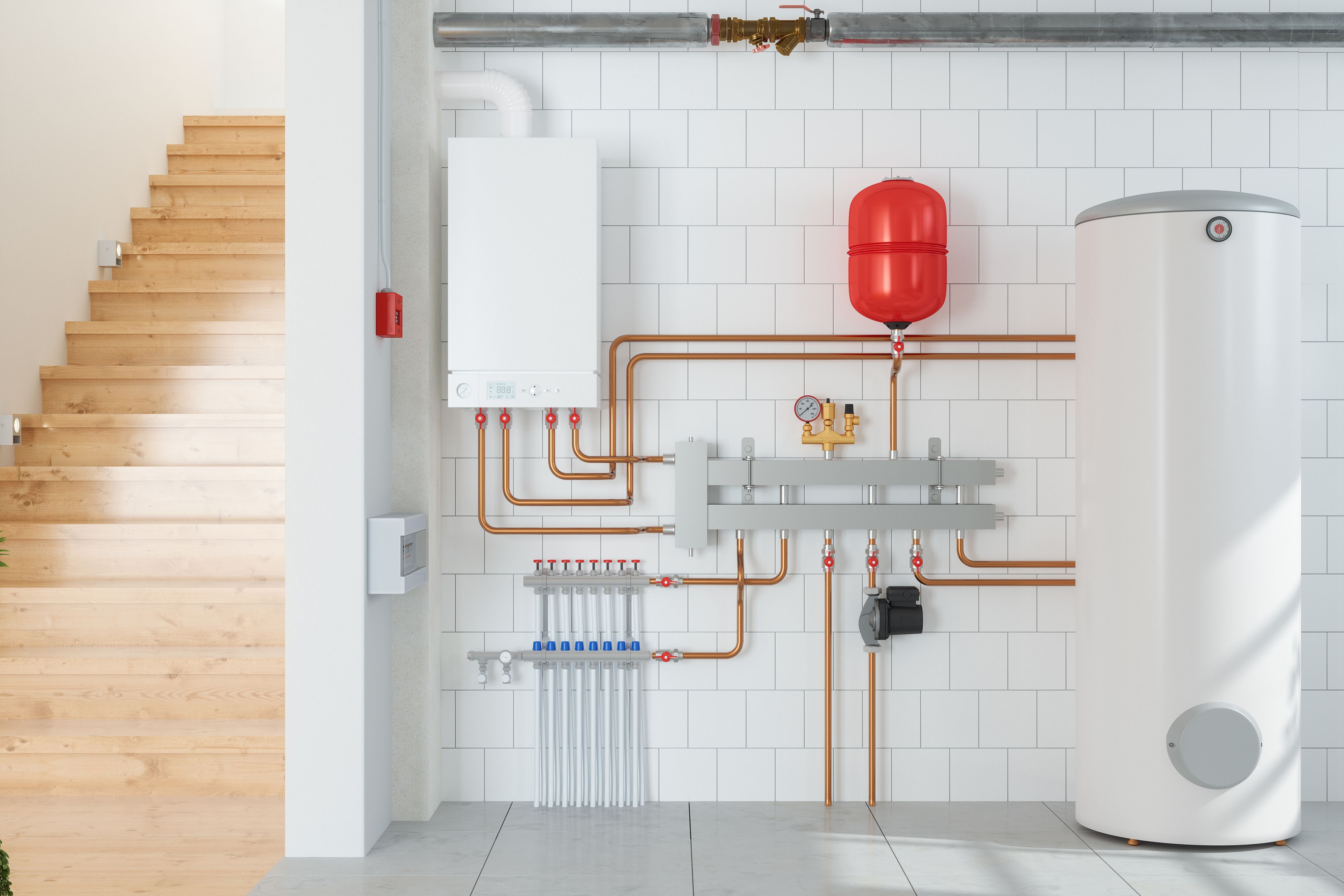Choosing the right water heater for your home involves understanding different systems. In Loveland, CO, many homeowners prefer tankless options due to their efficiency and convenience. Unlike storage tanks that can run out of hot water, tankless heaters provide endless warmth on-demand by using heating coils.
Whether you opt for electric or natural gas models depends on your specific needs and the energy sources available in your area. For a seamless installation experience with optimal performance, Front Range Water Heater offers professional services tailored to meet individual requirements in Loveland.
Types of Water Heaters Explained
Water heaters differ in design and efficiency. Traditional tank models store hot water at over 120°F, but refilling takes time when depleted. On-demand or tankless systems heat as needed using coils; they’re energy-efficient yet limited in flow rate during simultaneous use.
In addition, solar-powered units utilize panels to transfer heat through an antifreeze-like fluid into a small storage tank. Heat pump options elect thermal energy from one location to another, while hybrid types combine home heating with indirect techniques. Professional guidance for installation services like those available in Loveland, CO, ensures optimal performance and longevity.
Benefits of Tankless Water Heaters
Tankless water heaters offer numerous advantages for your home. First, they save space due to their compact size and wall-mounted design. Unlike traditional units that occupy floor space, tankless models conveniently fit on walls.
Tankless heaters also reduce energy costs by heating water only when needed rather than maintaining a full hot water tank all day. According to the Department of Energy, this can lower annual energy bills by up to 50 percent. In addition, tankless heaters are more durable, with an average lifespan exceeding 20 years, compared to conventional tanks, which last about ten years less.
Finally, fewer instances of catastrophic failure mean a reduced risk of flooding in your home.
Factors to Consider Before Installation
Check the existing plumbing and wiring. Ensure they’re compatible with your new water heater’s requirements. Evaluate the space available; sufficient clearance is essential for the safe installation and maintenance of gas or electric units.
Consider venting needs if opting for a gas model, as improper ventilation can lead to hazardous conditions like carbon monoxide buildup. Assess energy efficiency ratings; they significantly impact monthly utility costs. Verify local building codes to ensure compliance during installation; permits may be required in some areas.
Determine fuel type based on availability: natural gas might not be accessible everywhere but often offers cost savings over electricity. Lastly, always consult professionals before making final decisions, ensuring seamless integration into your home setup without unexpected issues arising later.
Selecting the ideal water heater for your home involves several considerations. Assess your household’s hot water needs, compare energy efficiency ratings, and review long-term costs. Tankless models offer continuous supply but come at a higher initial cost.
Traditional tanks are budget-friendly yet less efficient over time. Consulting experts like Front Range Water Heater and Excavation ensure tailored advice is suited to your specific requirements. This decision impacts comfort levels and monthly bills; choose wisely to effectively balance immediate expenses and future savings.





